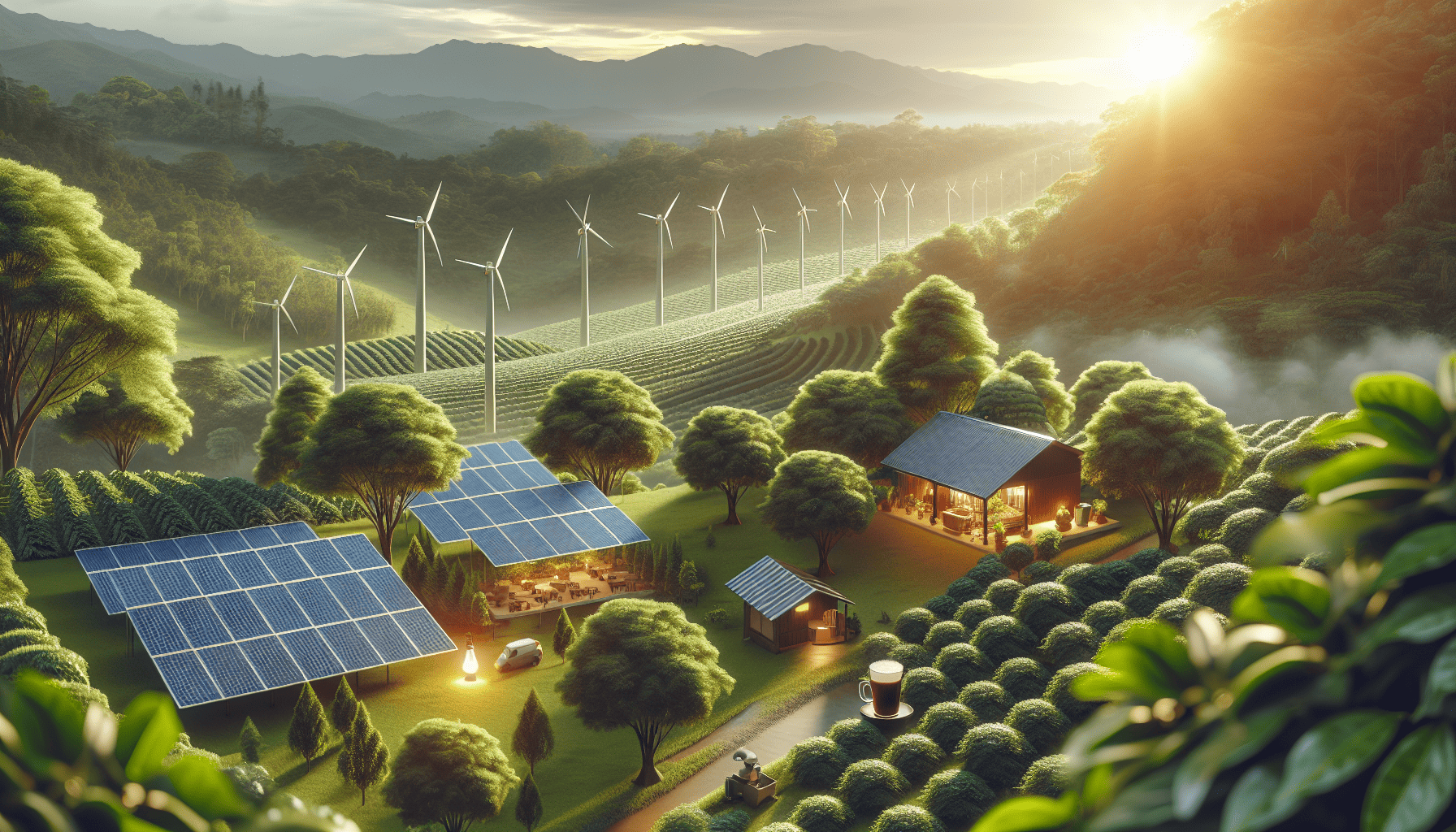The coffee industry is undergoing a profound transformation as it embraces sustainable practices aimed at reducing its environmental footprint while promoting economic and social wellbeing within coffee-producing communities. This shift is not just a trend but a necessity, as the world grapples with climate change, resource depletion, and growing consumer demand for ethically sourced products. Let's explore how sustainable practices are shaping the future of coffee, with a spotlight on eco-friendly farming and waste-reducing technologies.
At the core of sustainable coffee farming is the commitment to preserving the environment. Traditional coffee farming often involves deforestation and the use of chemical fertilizers and pesticides, which can lead to soil degradation and a loss of biodiversity. In contrast, sustainable coffee farming employs methods that protect and nurture the land. Shade-grown coffee, for instance, involves cultivating coffee plants under the canopy of native trees. This not only maintains biodiversity by providing a habitat for wildlife but also improves the quality of the coffee itself, as the shaded environment contributes to slower maturation and richer flavor profiles.
Organic farming is another sustainable practice gaining traction. By eliminating synthetic pesticides and fertilizers, organic farming supports healthier ecosystems and protects the wellbeing of farmers and local communities. Organic coffee growers often use natural composting methods, recycle coffee husks as fertilizer, and practice integrated pest management to minimize environmental impact.
Water conservation is also a critical component of sustainable coffee production. Traditional wet-processing methods can consume large amounts of water, but innovative solutions are emerging. For example, eco-pulping machines use significantly less water by mechanically removing coffee cherry pulp, reducing pollution and conserving this precious resource. Moreover, rainwater harvesting and water recycling systems are being implemented to further support water management efforts.
The rise of technology is playing an instrumental role in making coffee production more sustainable. Precision agriculture, which uses data analytics and IoT devices, allows farmers to optimize resource use, monitor crop health, and enhance yields without further environmental strain. Additionally, blockchain technology is being explored to ensure transparency and traceability throughout the coffee supply chain, helping consumers make informed choices while ensuring that coffee farmers receive fair compensation.
Waste-reducing technologies are tackling one of the industry's significant challenges—the disposal of coffee waste. Coffee production generates massive amounts of waste, from pulp to discarded grounds. However, these by-products are now being repurposed in innovative ways. Coffee grounds can be turned into biofuels, textile fibers, or natural fertilizers, contributing to a circular economy that minimizes waste and maximizes resource reuse. Coffee husks, another by-product, can be used to produce biodegradable cups or even as a substrate for growing mushrooms, illustrating the creative potential within the industry.
Sustainability in coffee is as much about social and economic aspects as it is environmental. Fair trade and direct trade models aim to improve the livelihoods of coffee farmers by ensuring fair wages, safe working conditions, and community development initiatives. These models empower farmers, allowing them to invest in their operations and communities, which strengthens the entire supply chain.
As consumers, we play a crucial part in encouraging sustainable coffee practices. By choosing coffee that carries certifications like Fair Trade, Rainforest Alliance, or USDA Organic, we support the push towards more equitable and environmentally friendly coffee production. Moreover, being mindful of our consumption habits—using reusable cups or choosing brands that prioritize sustainability—can have a positive impact.
In conclusion, the future of coffee lies in its ability to adapt and embrace sustainability at every level of production and consumption. By focusing on eco-friendly farming practices, innovative technologies, waste management, and social equity, the coffee industry is forging a path that not only preserves the integrity of the planet but also enhances the lives of those who cultivate this cherished crop. Through collective effort, coffee can continue to be enjoyed by generations to come.
